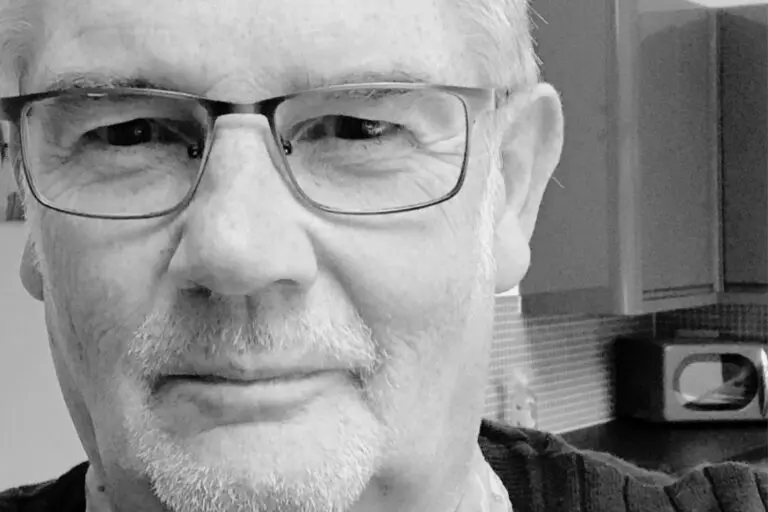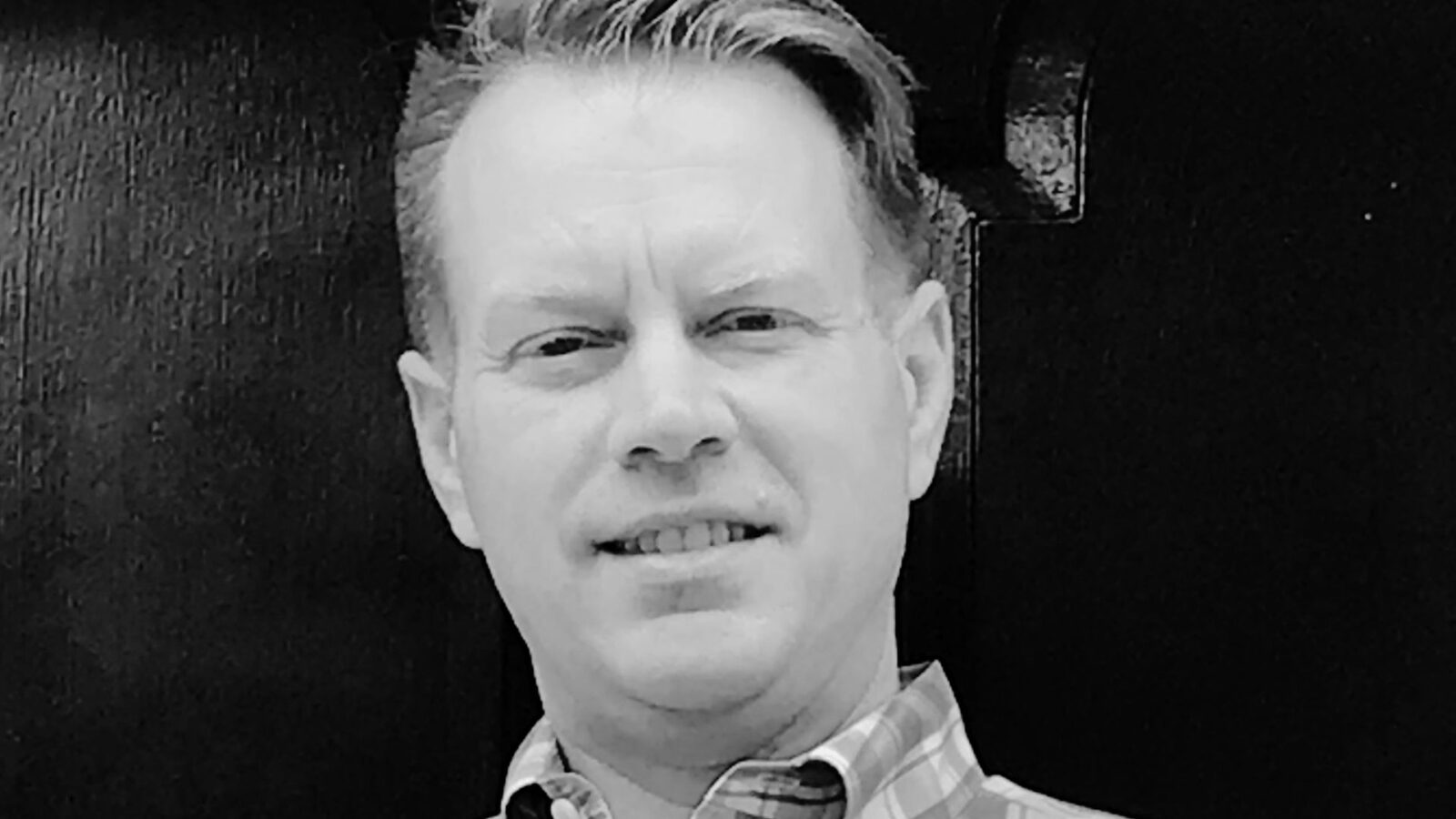True Stories About Honesty: Kevin Miller talked about how and what took him to craft his debut true crime novel, “Heart of Steel” to live. Indeed, it was a success of his hard work and dedication.

Air Force veteran and Award-Winning Best-Selling Author, Kevin D. Miller woke up one day to learn his last name wasn't the name he used his entire life. His name wasn't the All-American Miller, but the very Polish Puchalski. Some old newspaper articles he stumbled across revealed a deep family secret and a tragedy that occurred in a farm in rural Ohio in 1920. This sent him on a search for the truth.
Have you written any fiction yet as your book, “Heart of Steel” based on a true story? If not, do you have any upcoming projects for fiction lovers?
My second novel, White Skies Black Mingo, was released in November 2021 by Headline Books and was inspired by my great, great-grandparents. She was Native American, and he was the son of Irish immigrants and a soldier in the Union Army during the Civil War. The book has won nine major book awards that include, Winner of the Regional Fiction Category at the 2021 Next-Generation Indie Book Awards and Gold from the 2021 Mom's Choice Awards. The book is Historical Fiction and follows the life of a young Native American girl who faces extreme hardships but discovers a forbidden love. All of my books can be found on my website at: www.AuthorKevinMiller.com.
My third novel, Eyes of Morpheus, is Visionary Fiction and was just released this month by Headline Books, Inc. It is a FINALIST in the International Book Awards for 2022. It is the story of a neuroscientist who invents a cryogenics process that actually works. She is later diagnosed with a fatal form of cancer and must decide to fight the cancer or enter herself in the very program she created. Eighty-seven years into the future, she will learn the consequences of her decision.
To write “Heart of Steel”, how many days you took to gather ideas and craft it. Most of the writers said, writing non-fiction takes numerous efforts, is it true?
In writing Heart of Steel, I spent a lot of time researching the facts of the case and the history of my grandfather's life. It took me three years to complete my research and publish the book.
Tell us more about the book on whose life it has written?
Heart of Steel is set in 1920 rural, Ohio and is based on the true life story of my grandfather, Stanley William Miller. When he was thirteen years old, he awoke to discover his father murdered in his own bed and his mother bound and gagged. It was said that their farmhouse was robbed by three men, but the story later breaks down and shocking, dark family secrets are revealed. My grandfather was taken to an orphanage along with his four siblings, and he later escaped and hopped a train to Chicago, where he found work in a steel mill and as a bootlegger as a young boy. He saved his money with the idea who would return to Warren, Ohio, and rescue his siblings.
The book was optioned by GKg Productions in Hollywood to become a motion picture. It was also optioned to become a true-crime TV docu-series.
In any non-fiction story, does the writer try to get justice to the victim, being the writer in charge? What is your view on this?
In my opinion, when writing a non-fiction true-crime story, the writer should tell the story honestly and include all the facts of the case. Heart of Steel is written in the style of a novel instead of a documentary to give the reader a cinematic experience as the protagonist. The reader lives the story through the eyes of the thirteen-year-old protagonist.
What was the first crime story you have ever written, and was it fiction or non-fiction?
The first crime story I have written is Heart of Steel: Based on a True Story and available on Amazon. The story is based on real events and the real life of Stanley William Miller.
Please tell us how many crime storybooks you have read and written. Enlist your favourite books and writers.
Heart of Steel is the only crime story I have written so far. I plan on writing more crime stories in the future. I enjoy books by David Baldacci, Dan Brown, Michael Crichton. Absolute Power is an excellent book by David Baldacci. Origin was well done by Dan Brown.
What are the names of your motivational authors and one of the favourite quotes charge you every time to write more.
My favorite authors include Michael Crichton, David Baldacci, and Blake Crouch. My favorite quote is “Story trumps structure.” by Donald Maass. It means that a great story told is more important than the structure and prose. Without a good story, there is no story.











